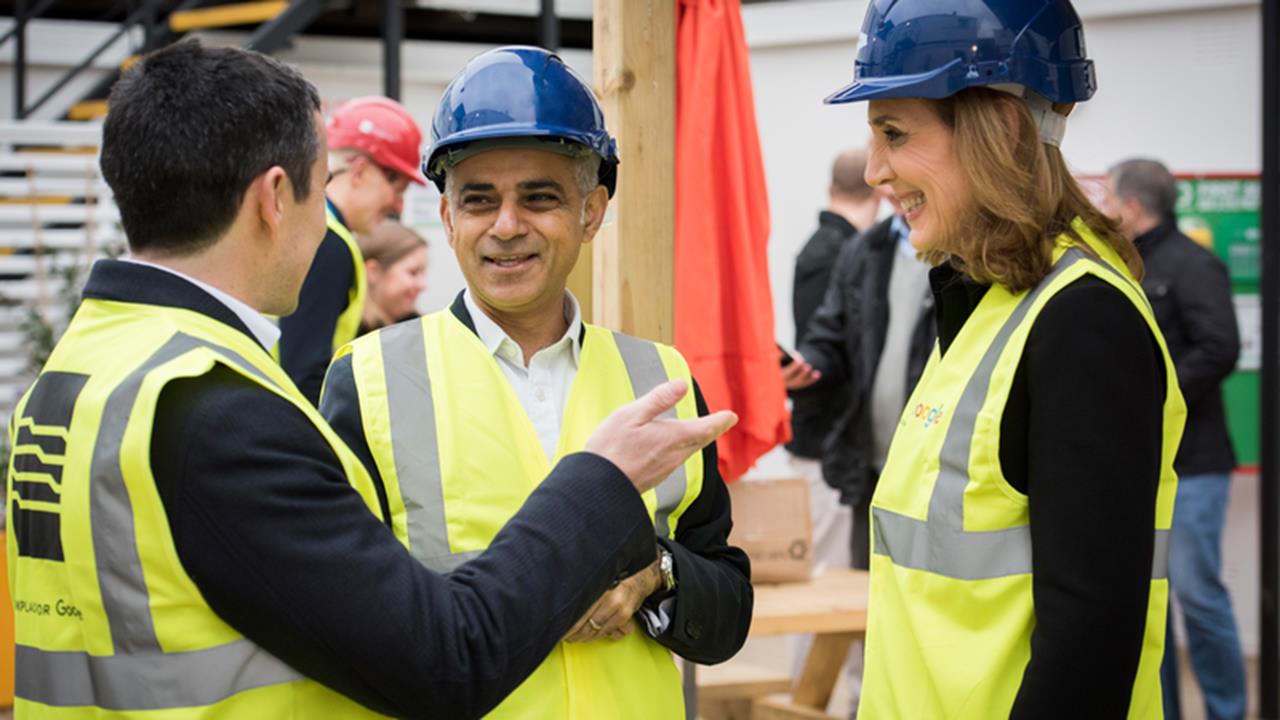

The Mayor of London, Sadiq Khan, has launched a £3.6 million programme to improve energy efficiency in social housing across the capital, including replacing heating systems.
The Retrofit Accelerator for Homes programme forms part of a £34 million package of measures to achieve London’s carbon neutral target by 2030.
Specifically, the programme will tackle the following goals in public sector-managed properties:
As part of the programme, local authorities and housing associations will also be able to benefit from expert advice and guidance on large-scale energy efficiency projects.
Mayor of London, Sadiq Khan, said: “We are in the midst of a climate emergency which poses a threat to our planet and we can no longer delay the urgent action that is needed to address it. London’s ageing and energy-inefficient homes are responsible for around one third of the capital’s greenhouse gas emissions and urgently need to be refitted.
“I’ve pledged for London to be carbon-neutral by 2030 if re-elected. It is an ambition which requires forward-thinking local authorities and housing associations to commit to this dynamic new movement to transform social housing and take a significant step towards London meeting its zero-carbon targets and help tackle fuel poverty.”
According to London Assembly, Londoners will spend around £3.5 billion pounds this year powering their homes. The organisation asserts that retrofitting social housing properties means that improvements can be made to whole blocks or streets of houses quickly and efficiently, driving down the cost of installation and materials, and directly tackling fuel poverty.
By creating a demand in the market for ‘whole house’ retrofits of this kind, the programme aims to pass on these solutions and savings to private homeowners too, as futureproofed homes require less reactive maintenance and repairs costs. Transformative retrofitting can also increase the value of homes; ultra-low energy homes retrofitted in Nottingham last year saw a 25% uplift in market value to £100,000 after the works.
Councillor Jayne McCoy, Chair of the Housing, Economy and Business Committee at Sutton Council, said: "We are delighted to be at the forefront of an ambitious response to the climate emergency. Retrofitting these homes will enable residents to live comfortably and low-carbon, while helping Sutton meet its aim of becoming carbon-neutral. Being part of this scheme means more of our residents will be able to enjoy the benefits of this pioneering approach, whilst reducing our impact on the environment."
If you'd like to keep up-to-date with the latest developments in the heating and plumbing industry, why not subscribe to our weekly newsletters? Just click the button below and you can ensure all the latest industry news and new product information lands in your inbox every week.